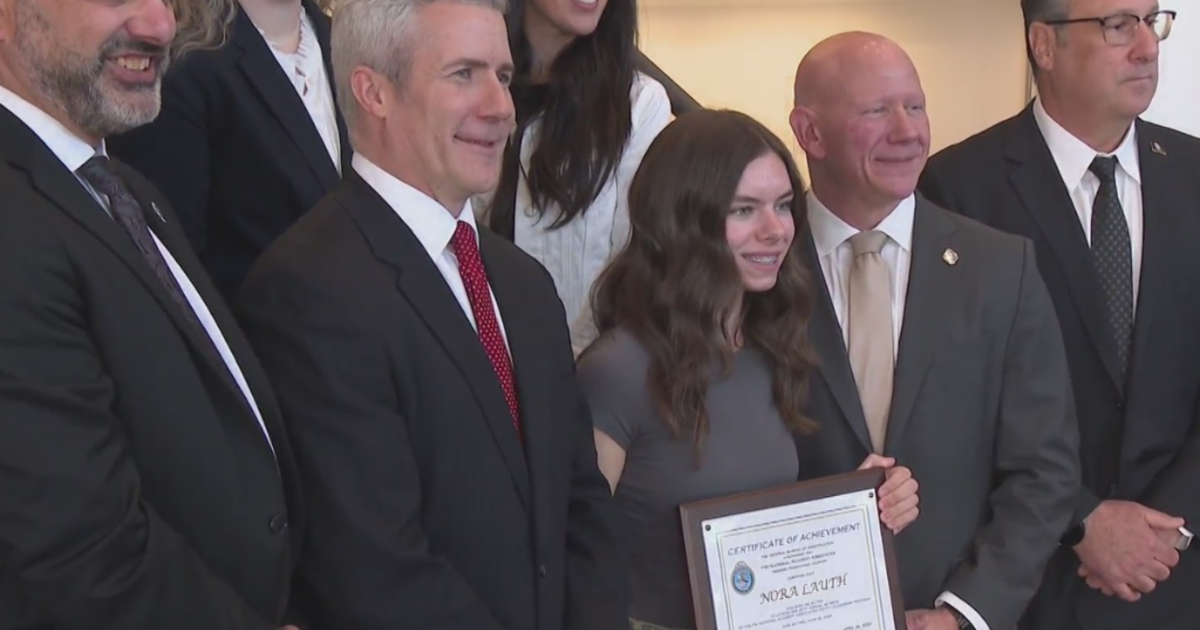Should You Cash In Those Old Savings Bonds?
PITTSBURGH (KDKA) - Chances are you've got old United State Savings Bonds lying around from when you were born, baptized, or even when you graduated from high school.
Provided your old bonds aren't sealed up in the walls somewhere, how do you know how much they're actually worth right now?
If they're not earning any more money, what should you do with them?
While fewer people buy bonds today, many have old ones hidden away. Dana Bekavac, 32, of South Side got lots of bonds as gifts from family members.
"I got them at my birth, and then at my baptism. I think I got them around Christmas of that year as well," Bekavac said.
Most all bonds fully mature after 30 years and stop earning interest. Even so, Bekavac is still hanging on to them for a special occasion.
"I'm tempted because you have bills and things like that -- I could really use that $1,000 -- but it's not worth it yet. I'm not ready," Bekavac said.
She's hardly alone.
"We have 45 million bonds worth $16 billion waiting for customers or their rightful heirs to come back and claim that," Jerry Kelly from the U.S. Bureau Of The Public Debt said.
Kelly directs the savings bond outreach program from its headquarters in Parkersburg, W. Va., and said there's no point keeping old bonds.
"They're not working for you right now, so you'd be ahead to take them to your local financial institution, to cash them, and to put them back into an investment that will begin earning money for you again," Kelly said.
Calculate The Value Of Your Bonds
The United States Treasury has a website to help you calculate how much both unmatured and fully matured bonds are worth.
Here's how it works:
You take a savings bond and then on the Savings Bond Calculator, you click on the series, then the denomination along with the serial number and the issue date.
To get the current value of your bond, just click calculate.
Once you know its value, should you cash in that bond?
"If you have one that's paying very low levels of interest, for example, and you see good opportunities in other types of investments, then you may want to consider cashing it in at that point," financial advisor Dave Hoffmann said.
Most bonds double in value from the purchase price in 20 years and then earn interest for the next 10 years, but that interest rate varies and if it's too low, Hoffmann said get rid of the bonds.
"I would say if it's paying above 2 percent it's going to be better off there than in a CD or money market fund or something like that," Hoffmann said.
But no matter the interest rate, there's a lot of sentiment behind many bonds.
There's one other cost when you give them up. Because bonds grow tax-deferred, you would have to pay the full tax on them when you cash them in.
RELATED LINKS
Savings Bond Wizard
More Local News
More Consumer News
More Reports From Jon Delano



